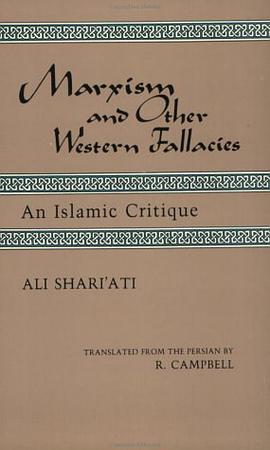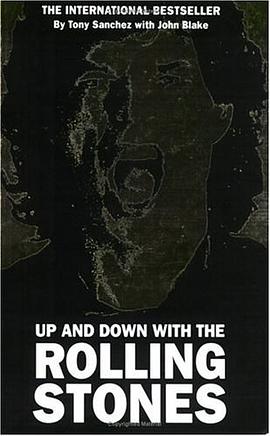

具体描述
Throughout history, Shari'ati reminds us in these lectures and writings, people in search of deliverance from constricting social and intellectual systems have all too often followed influential thinkers out of one form of capivity and directly into another. He warns that great case must be taken in this day of search and upheaval to examine the prevailing movements that promise solutions for humanity.
Marxism, which holds special appeal for the world's oppressed peoples and those sensitive to their suffering because of its emphasis on justice, merits particularly close scrutiny. Shari'ati analyzes its roots in materialism, its relation to the Hegelian dialectric, its preoccupation with matters of production, the sources of its diametrical opposition to Islam, Marx's objection to religion, and other crucial aspects to Marxism.
But his attention is not confined to Marxism alone. He discusses the established religions, bourgeois liberalism, and existentialism, beginning with their fundamental notions of man. He examines the characteristic refusal of the major freedom-seeking movements of the nineteenth and twentieth centures to accept any spiritual dimension in man. Throughout hs inquiry, Shari'ati offers comparisons with the ideology of Islam, drawing upon the principles and precepts contained in the Qur'an as well as cultural material from the history of Islamic society. Gradually and eloquently, he expounds his persoai view of Islam as the philosophy of human liberation.
作者简介
Ali Shariati was an Iranian revolutionary and sociologist who focused on the sociology of religion. He is held as one of the most influential Iranian intellectuals of the 20th century and has been called the ideologue of the Iranian Revolution. He was born in 1933 in Kahak (a village in Mazinan), a suburb of Sabzevar, found in northeastern Iran, to a family of clerics.
目录信息
读后感
评分
评分
评分
评分
用户评价
相关图书
本站所有内容均为互联网搜索引擎提供的公开搜索信息,本站不存储任何数据与内容,任何内容与数据均与本站无关,如有需要请联系相关搜索引擎包括但不限于百度,google,bing,sogou 等
© 2026 book.wenda123.org All Rights Reserved. 图书目录大全 版权所有




















